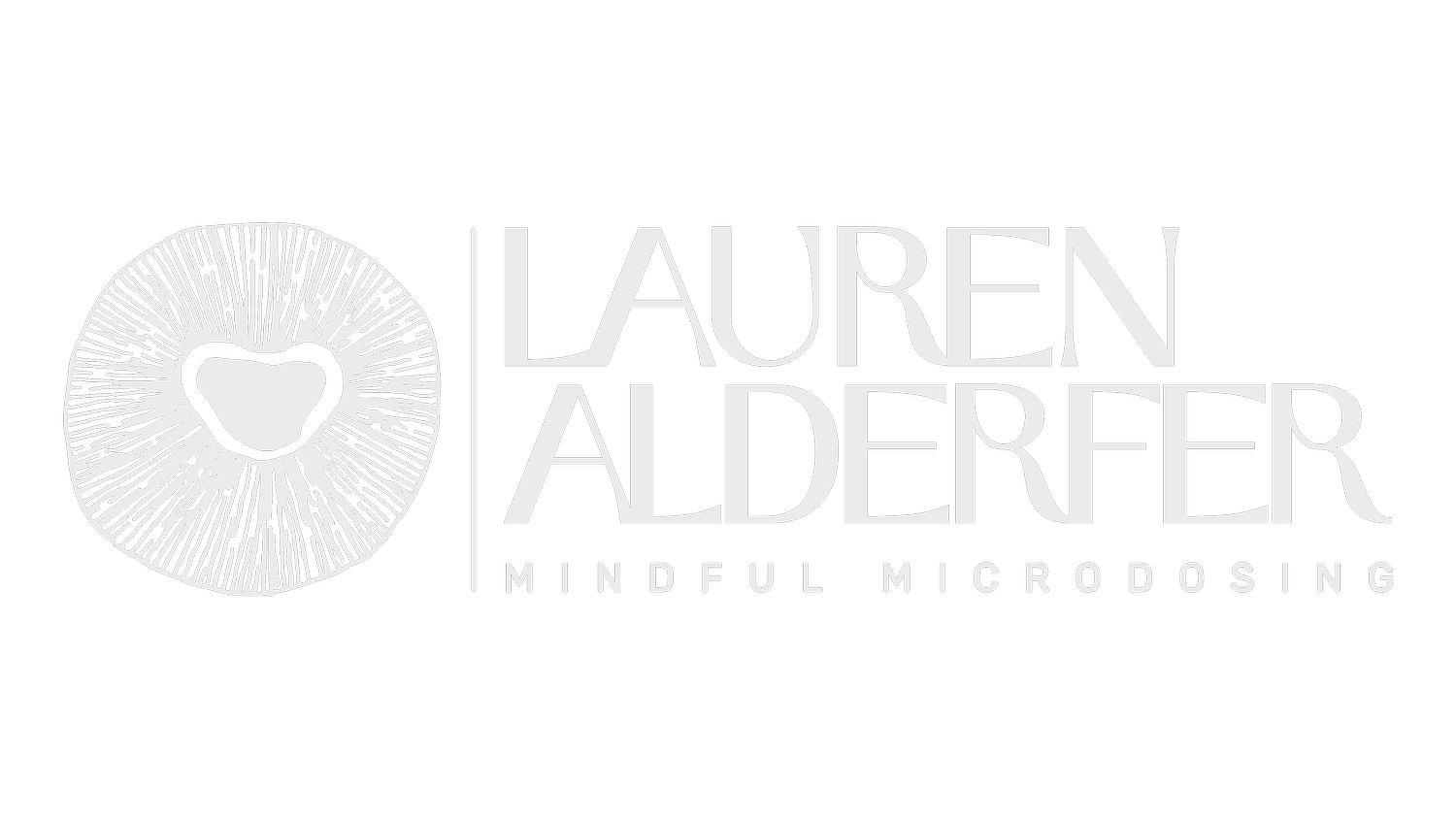I’ve Lost My Husband - A Mindful Approach to Dementia & Psychedelics
Up until now, any Alzheimer’s symptoms my husband has shown have always come from a place where he is “still whole.” His personality, character, way of being; his quintessential softness and peacefulness have always shown through.
Everything changes in these last forty-eight hours. Though he is in Mexico and I could only try to piece things together by WhatsApp calls—with me in Vermont in the US and the team down there in charge of his care—it was obvious Henry was totally confused. The breadth and depth of it only became apparent last night when I joined the team call to go over a string of events over the last week.
Perhaps witnessing an Alzheimer’s patient who had extreme anxiety and needed to be restrained set the whole thing off. Whatever the initial cause, Henry went into what the team called hallucinations. Whether they were hallucinations, a psychotic event, or something else, the experience seemed very real to Henry. It included seeing me in a car in the parking lot, having a heart attack. Even today, having just gotten off the phone with me, he is still unsure if I am well. Then the midnight call from him, when I determined he was wandering into other people’s rooms. He has calmed down a lot since finding his books and notebooks, which include notes that he has been taking over the last many years on the Indian Saint, Babaji. After several attempts to find them, the notes, books, and papers were found yesterday evening in an empty room on the floor above his room.
I can tell that Henry is in another world. All the familiar parts of him not accessible by me. What is real? What is not real? To him, this world that he is currently inhabiting is very, very real. It is hard to bring him back to my world, this world of here and now, this and that.
In some ways it reminds me of experiences people describe when they take a high-dose psychedelic journey. Beyond the here and now lies a landscape that is real and embodied in a way that is hard to describe. Is it the psyche? Is it another dimension? Where is it that people journey? Where is Henry now? Just like we are on the frontier of learning about the therapeutic uses of high-dose journeys, we are also in the wilderness when it comes to understanding what happens with dementia. We simply don’t know.
That would not bother me if I knew he were at peace, but he is not. I wonder if staying in the assisted living facility is or was a good idea. They have told me—and they reiterated yesterday in the call—that this stage is the hardest one. Initially, they said it was hard because Henry is confused and knows he’s confused but doesn’t know what he is confused about. This week it is very different. He is living in the confusion, and that is what has become his reality.
Will he come out of it? Or is this the path forward? Should he stay where he is? The team said this is the time he should be in a safer, more monitored environment. They want his agitation to be reduced. They say it is preferable to have the mind active and in a routine. There are daily routines they can ensure he follows, to his liking. He swims every day, he gets to PT a few times a week; he now says he’d like to join the painting class and even ceramics.
Should he be with me? Back in Vermont, where he has less activity but a safe place? At least I think it is safe, emotionally and spiritually. Or am I too naive about Alzheimer’s? Will he go wandering into the woods behind the house? Will he try to go somewhere at midnight when I sleep?
These are questions I cannot answer. These are questions that I will contemplate in the next week ahead to give time to see how things settle with Henry. I know he is physically safe, and the team is a caring one that is familiar and skilled with his condition—now moderate Alzheimer’s. His decline has been disturbingly fast in this last month, and particularly since leaving him after a short visit, barely one week ago.
I spoke to my dear friend in India, Mala Barua, owner of Mystic Asia. She is part of an exciting startup for an app in India, her country of birth and where I lived for over a decade. The app is called SEEK: Guided Meditations. It has recently launched and is incredible. It is homegrown in India, the homeland where most of Hinduism, meditation, and yoga emerged. It rivals the CALM or HEADSPACE apps, where you can find Toronto-based Jeff Warren and so many others share guided practices and insights into the growing community of meditators and those interested in supporting an interior life.
You can listen to Mala for 5–7 minutes on Daily Gita, in which she helps make the Bhagavad-Gita resonate with listeners (mostly young professionals) to integrate into everyday life. SEEK also has guided meditations; there is kundalini yoga, chair yoga, and so much more on the app. You can even see how many people are meditating in real time—over 25,000 people as I write just now.
In our catch-up over WhatsApp, Mala and I both reiterate how old age and dying are very much a part of all the great traditions. Being prepared for it—for ourselves and for those we love—is part of every person’s path. We both recognize the years of meditation and mindfulness practice, studying the great texts such as the Bhagavad-Gita and being guided by exceptional teachers, that have brought us both a richness, guidance, and foundation for living. No matter the hardship, these inner practices have brought solace and strength.
I mention how despite the sadness and grief, I am good. I feel grounded. I can accept this with a wholeness of heart and mind. I am grateful for our deep friendship of many decades. We have borne witness to each other’s lives, but we always share on this deep level with a positive outlook. It is a true gift.
So as I express the feeling that I have lost my husband, my voice chokes up and tears well up in my eyes and find a way down my cheeks. Will Henry ever be back? Will we be able to make the trip to India—his biggest, last, even dying wish? It has been moved up to September—four months away. Both our daughters want to make the trip with us. My heart breaks with both sadness and gratitude as I contemplate their deep commitment and love in order to move mountains to once again set foot in India. They know this will be a monumental trip—on so many levels. For this is also the home of their childhood, where they grew up—before being teens, then still their home through college. Will their father be cognizant enough for this family pilgrimage?
Not only does a trip to India seem impossible, now more immediate decisions are before me. If he is as he has been this week, engulfed in another world, is it better for him to remain where he is? Not even coming to Vermont one last summer? Not saying goodbye to his siblings or grandchildren and friends on his home turf? Has this opportunity already passed us by?
We will just wait and see. Time will tell. It will reveal decisions to be made. Yet the question remains, “Have I Lost My Husband?”
- Lauren Alderfer, PhD.

